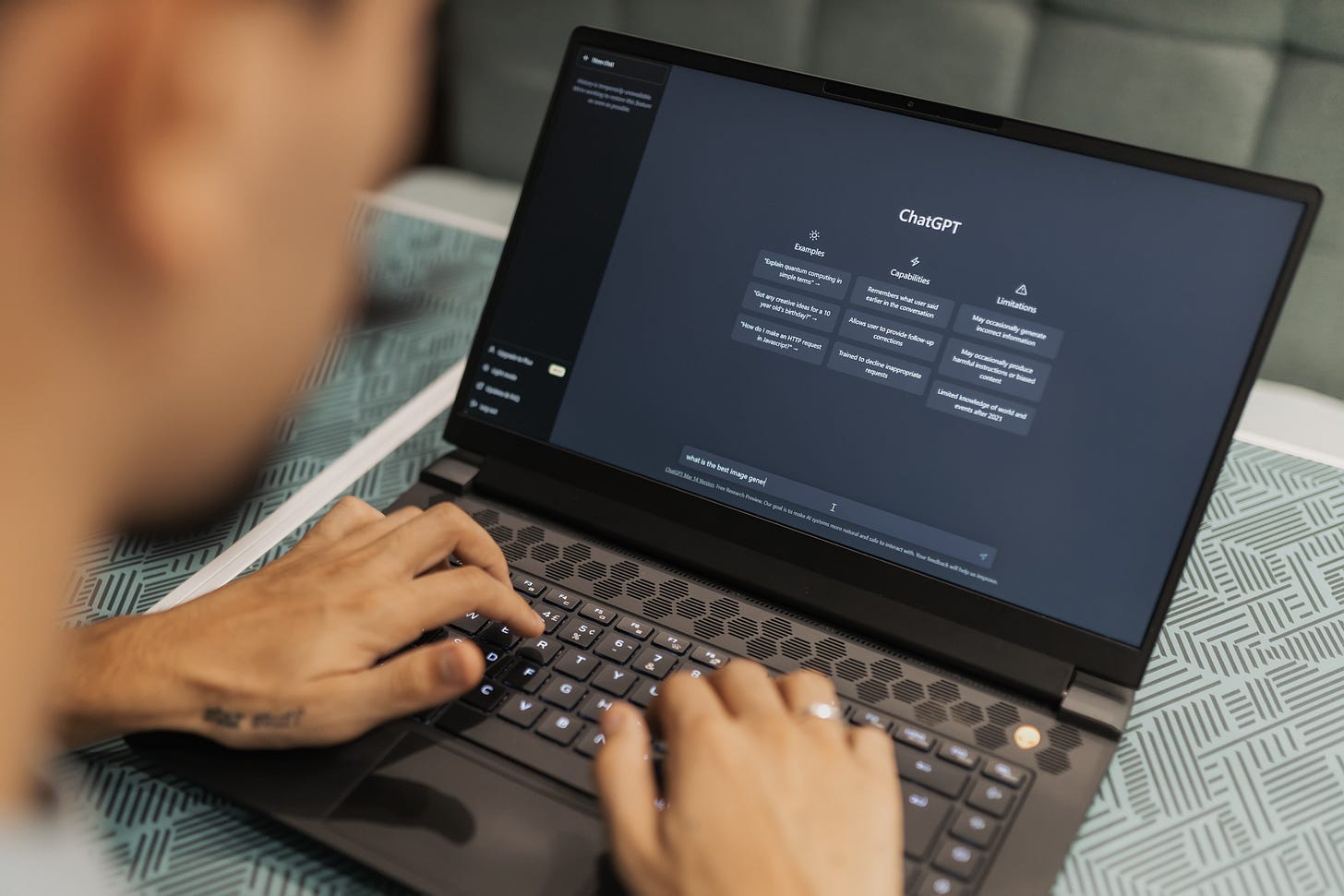Navigating the AI Revolution: A Guide to Safeguarding Your Career
The advent of AI is not a question of if, but it is here and now. The query we should be asking ourselves is: at what level can we leverage it? The answer to this question could very well determine whether we evolve or perish in the forthcoming AI revolution.
As we delve into this topic, we will explore professions that are safe for the moment, those that are vulnerable, and how learning to use AI can help secure your job.
Understanding the AI Impact
There’s no denying that AI algorithms have made significant strides in the labor market, with ChatGPT being a prime example. However, the implementation of AI isn’t just about replacing human roles; it’s about how we can make AI our ally.
“AI is not just a tool. It’s a new era.” — Eliezer Yudkowsky
The rate at which AI is advancing is staggering, and this trajectory will inevitably impact various industries. So, the key to survival in this new world lies in understanding these changes and proactively adapting to them.
Professions That Are Currently Secure
Despite the rapid progression of AI technologies, certain professions remain relatively safe for now. Here’s a look at some of them:
Non-IT Workers: AI robotics are yet to master skills like cooking customized meals or car repairs.
Performers and Athletes: The essence of these professions lies in the unique human capabilities they showcase, making them irreplaceable by AI.
Early Education Teachers: The need for empathy, personal interaction, and attentive care in early education makes it hard for AI to take over.
Jobs On The Brink
While some professions are safe for now, others are on the precipice. Here’s a list of jobs that may soon be impacted by AI:
Programmers and Data Analysts: AI, like ChatGPT, is starting to write code and solve complex problems that were previously only solvable by humans.
Higher Education Teachers: AI’s vast knowledge and ability to generate human-like voice and video could potentially replace online courses taught by human instructors.
Finance Professionals: AI’s ability to decipher complex regulations and interpret financial news could disrupt the industry.
Media Professionals: AI’s proficiency in generating text, images, sound, and videos makes it a threat to content creators.
Legal Professionals: AI’s capability to interpret laws and summarize legislative changes could replace human roles.
Customer Service Representatives: AI chat applications could replace human customer service representatives.
Mathematicians: AI’s proficiency in solving complex mathematical problems could make human mathematicians redundant.
A Call To Action
The AI revolution is here, and it’s a force to be reckoned with. The best way to ensure job security in this new era is to embrace AI and learn how to use it.
There are a plethora of resources available to learn about AI, from online courses to books and mentorship programs. The first step is to educate yourself, understand the nuances of AI, and then apply that knowledge in your field.
Remember, the future is not something that happens to us, but something we create. So let’s create a future where AI is an ally, not an adversary.
“The best way to predict your future is to create it.” — Peter Drucker
In closing, the AI revolution is not to be feared, but to be understood. Let’s adapt, learn, and evolve to ensure a prosperous future in the midst of this technological revolution.




